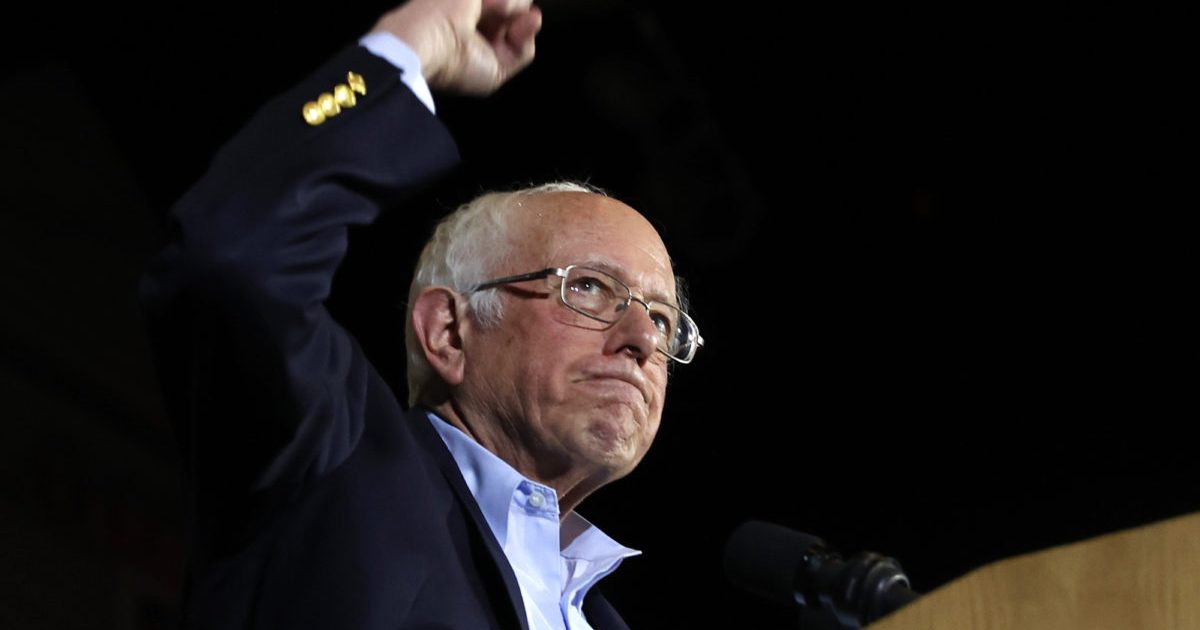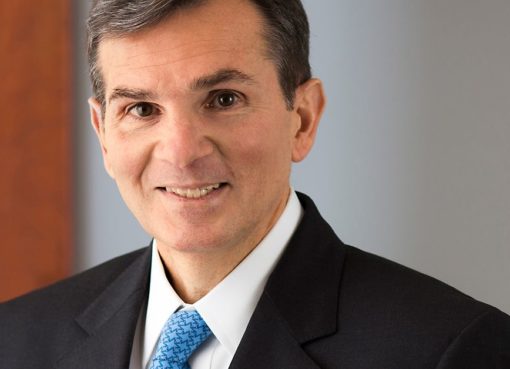- Bernie Sanders didn’t merely win the Nevada caucuses Saturday, he won more than double the votes of the second place finisher.
- While Bernie’s supporters are thrilled, the rest of the Democratic party is nervous.
- Bernie Sanders is following a pattern that led to defeat in the last three presidential elections in a row.
Bernie Sanders surged in polling and fundraising through the end of last year. Then he went on to tie for first in Iowa, take first again in New Hampshire, and now he’s crushed the other Democrats in Nevada. It’s not too soon to discuss who he might pick to be his running mate. (Here are five women who might be on Bernie Sanders’ short list.)
But why is Bernie winning this time around? Do Democrats really like his platform most? Do they think he’s the most electable, the most likely to prevail against Donald Trump in November? Bernie Sanders may actually be winning the Democratic primary for the same reason Hillary Clinton won the last time around.
It could be that he was simply next in line.
Party Primaries Nominate Whoever’s Next
The political parties follow a “next in line” nominating pattern. The second place finisher in the last presidential primary gets their turn in the next primary.
At least that’s how it’s been for the last three presidential elections in a row.
Hillary Clinton won the Democratic nomination in 2016 after finishing second to Barack Obama in the 2008 Democratic primary. She had to wait until the end of his two terms as president to get her turn at the general election ballot. Even though Bernie had a lot of enthusiasm, and nearly skipped her in line, he didn’t win because it wasn’t “his turn.”
The 2012 Republican presidential primary was even more crowded than this cycle’s Democratic field. It had the same reality television spectacle quality to it. But Mitt Romney emerged as the winner after finishing second to John McCain in 2008.
But of course, John McCain himself only won the GOP nomination in 2008 because he was next in line that cycle. Sen. McCain finished second to George W. Bush in 2000.
Why That’s Bad News for Bernie Sanders
Notice any other patterns? These candidates all went on to lose in the general election. Picking whoever’s next (and was seen as second best to another candidate four-to-eight years ago) hasn’t worked out so well for either party.
The parties don’t pick who’s best, they pick who’s next. And it’s a losing strategy. That’s probably because it’s not a strategy. It’s just dumb, blind inertia.
Why else would a party nominate the candidate who lost to the candidate who lost the last general election? The electoral college is not rock-paper-scissors, it’s a zero sum game. Yet Democrats appear poised to nominate Bernie Sanders even though he couldn’t beat Hillary Clinton, the candidate who couldn’t beat Donald Trump.
The last four people to be elected president of the United States were not the next-in-line candidate. Donald Trump, Barack Obama, George W. Bush, and Bill Clinton were contenders that got nominated on their first try. (Trump dipped his toe in the waters briefly for 2012 with an exploratory committee, but it wasn’t a full fledged run.)
Americans like to win. And American voters quite apparently don’t like picking second place finishers to lead the entire free world. They especially don’t like picking second place finishers to second place finishers. We can’t have that in the Oval Office.
Disclaimer: The opinions expressed in this article do not necessarily reflect the views of CCN.com.
This article was edited by Gerelyn Terzo.
Last modified: February 23, 2020 5:01 PM UTC




